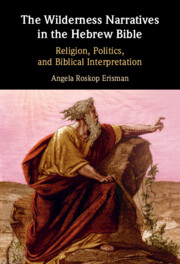From quite early on, the Shīʿa endeavoured to provide both historical and rational arguments for their central claim that ʿAlī ibn Abī Ṭālib (d. 40/661), the cousin and son-in-law of the Prophet Muḥammad (d. 11/632), was not only his legitimate successor but also the person best qualified to lead the umma. In particular, there are several statements attributed to the Prophet Muḥammad which are used as evidence of the special position of ʿAlī and his family. One of these is a report known in the Muslim tradition as the ḥadīth manzilat Hārūn (ḥadīth of the position of Aaron). According to this report, cited by such eminent authorities on ḥadīth as Muslim ibn al-Ḥajjāj (d. 261/875), al-Tirmidhī (d. 279/892) and Ibn Ḥanbal (d. 241/855), Muḥammad said to ʿAlī: “Are you not content to be with respect to me as Aaron was to Moses, except that after me there shall be no other Prophet?” The ḥadīth alludes to the parallels and similarities between the status of Muḥammad and ʿAlī and their close relationship, and that of Moses and Aaron in the Jewish tradition. The article examines the significance of this report for the formulation of the doctrine of the special status of ʿAlī in Shīʿī Islam through its use and interpretation in the Muslim literary and historical tradition.
